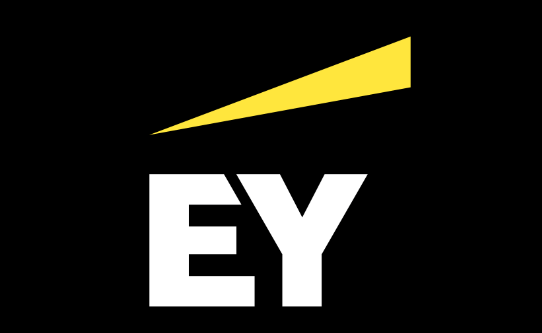Paul Brody, Blockchain Lead at Ernst & Young, one of the foremost global auditing firms, has expressed his belief in the superiority of public networks, particularly Ethereum, over private blockchains. Brody shared his insights during the Real World Asset Summit, where he emphasized the potential inefficiencies of big banks exploring private chains like R3 Corda.
The summit, held on September 19, was an exclusive event sponsored by leading crypto firms such as Coinbase and Circle, the issuer of the second-largest stablecoin, USDC. The conference, attended by 250 invitees, featured 40 speakers, including decentralized finance (DeFi) leaders like Robert Leshner of Compound and Jesse Pollak of Base, a layer-2 protocol for Ethereum.
The Debate: Public vs. Private Networks
Brody’s remarks underscore a pivotal debate in the blockchain community regarding the adoption and effectiveness of public networks over private, closed chains. Public networks like Bitcoin and Ethereum champion decentralization and openness, allowing anyone with a crypto wallet and internet connection to interact with the base layer.
This freedom and transparency inherent in public chains have propelled the success of networks like Ethereum, which boasts a market capitalization of over $195 billion as of September 20. Major technology companies, including Visa and PayPal, have endorsed and integrated Ethereum, reflecting its growing influence in the blockchain space.
Major Tech Integration
Visa is spearheading initiatives to allow users to pay Ethereum gas fees with their cards, potentially boosting Ethereum’s adoption by eliminating the need for users to purchase ETH for gas fees. Concurrently, PayPal has launched its stablecoin, PYUSD, on Ethereum through Paxos.
Ernst & Young’s Blockchain Analyzer: reconciler has also expanded its support to include Dogecoin (DOGE), alongside Ethereum and Bitcoin, enabling the auditor to reconcile client records to the public ledger. This tool exemplifies the growing acceptance and integration of various blockchains in traditional financial and auditing systems.
Brody’s Perspective on Adoption
Brody’s stance on the inefficacy of private chains in driving adoption is pivotal. He posits that the exploration of private chains by big banks will soon be recognized as ineffective, especially as more protocols are developed on public networks like Ethereum. The open and decentralized nature of public networks offers unparalleled accessibility and interaction, explaining the widespread success and adoption of leading ledgers like Ethereum.
Conclusion
The insights shared by Paul Brody at the Real World Asset Summit reflect a broader industry perspective favoring the openness and decentralization of public blockchains over private alternatives. The continuous endorsement and integration of Ethereum by major technology firms underscore its growing prominence and potential to drive blockchain adoption. The evolving landscape of blockchain technology, marked by the increasing acceptance of public networks, hints at a future where the interoperability and accessibility of blockchains are paramount.













2 thoughts on “Ernest & Young Blockchain Lead Advocates for Public Networks Over Private Chains”
I was aЬle to find good іnfo from your articles.
We aim to please. Lots more to come 🙂 including competitions to with @MachinaTrader NFTs